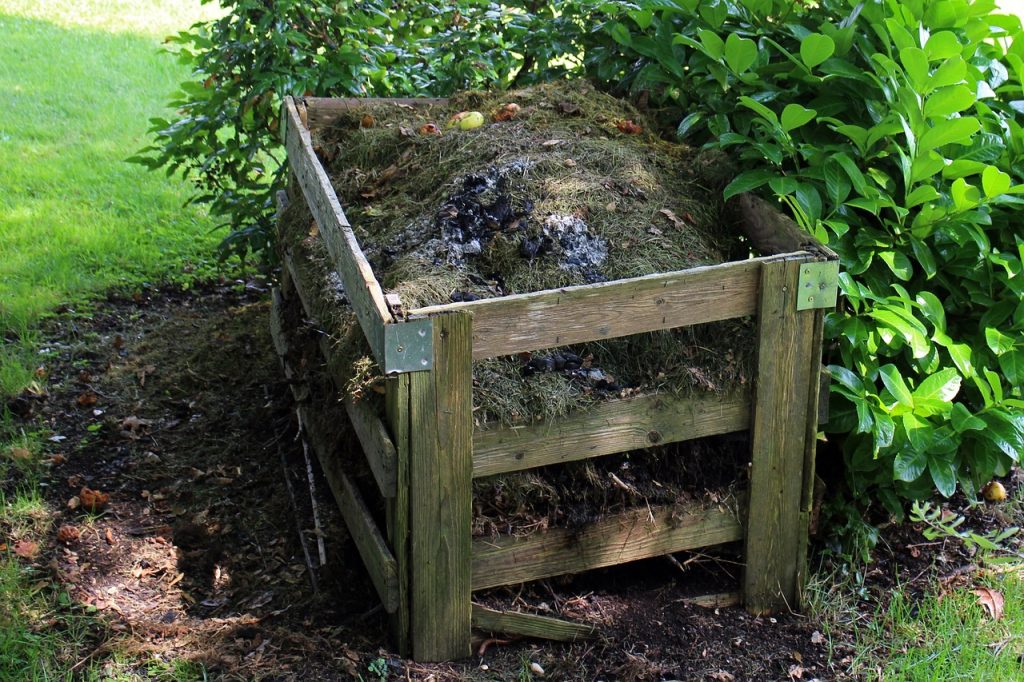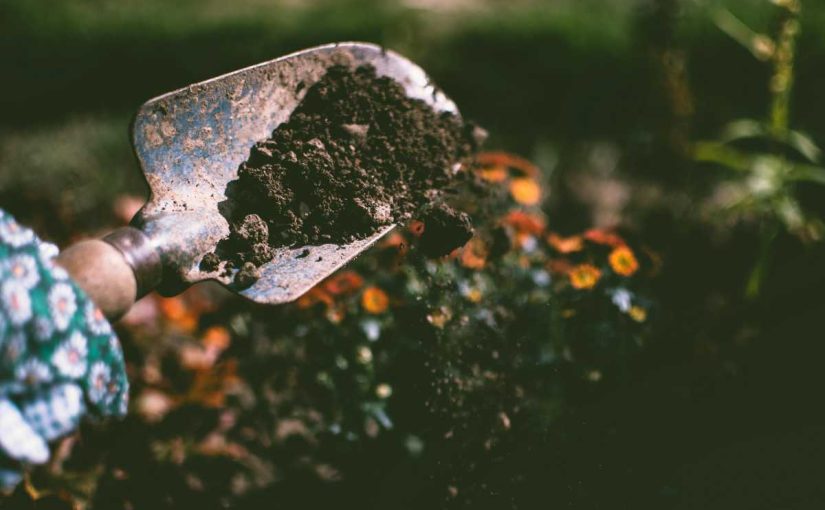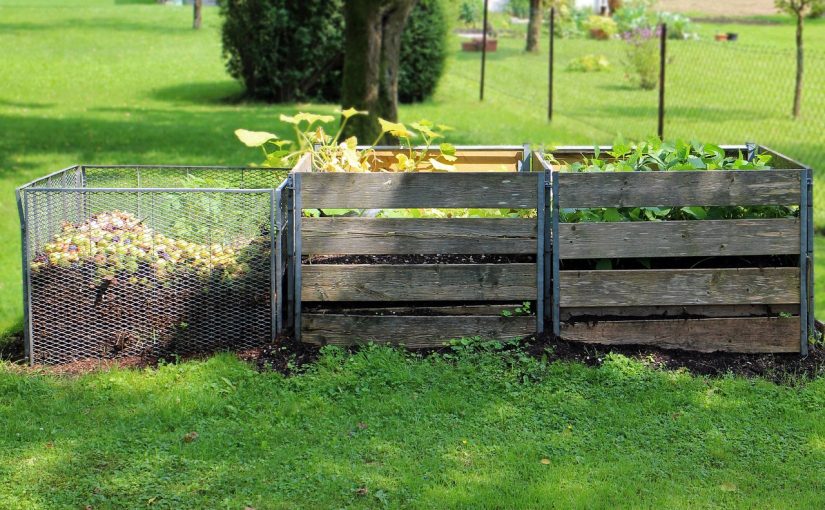Chicken manure is one of the best organic fertilizers available for gardeners. Rich in nitrogen, phosphorus, and potassium, it can dramatically boost soil fertility and improve plant growth. However, chicken manure also contains high levels of ammonia and pathogens, making it potentially harmful if not composted properly. Composting chicken manure at home is a simple and effective way to reduce its toxicity and turn it into a valuable, nutrient-rich resource for your garden. Here’s a step-by-step guide to safely compost chicken manure.
1. Collect Chicken Manure
The first step in composting chicken manure is gathering the waste from your chickens. Chicken manure consists of both solid waste (feces) and bedding materials (such as straw, hay, or wood shavings), all of which can be composted. If you’re using bedding, make sure to include it in your compost pile for better aeration and a balanced mix of materials.
What to Do:
- Collect manure daily to prevent it from accumulating and becoming too odorous.
- Mix the chicken manure with bedding materials to help absorb moisture and keep the compost balanced.
- Store the manure in a covered container to keep it from smelling and to prevent it from attracting pests.
Pro Tip: The fresher the manure, the more ammonia it contains. You’ll need to compost it for several weeks to reduce the ammonia levels and make it safe for your garden.
2. Choose a Composting Location
Selecting the right location for your compost pile is key to successful composting. Chicken manure can be smelly and attract pests, so it’s important to choose a spot that is well-ventilated and away from your living area. Ideally, your compost pile should be located in an area that is easily accessible, receives some sunlight, and has good drainage.
What to Do:
- Choose a well-drained, flat area with good air circulation.
- Avoid placing your compost pile directly on the ground to prevent it from leaching into the soil. Use a compost bin, pallet system, or a raised pile.
- Keep the compost pile away from food gardens or water sources to avoid contamination.
Pro Tip: If you’re composting large quantities of chicken manure, consider using a composting bin or an enclosed system to keep it contained and reduce odor.
3. Add Carbon-Rich Materials (Browns)
Chicken manure is high in nitrogen, so it needs to be balanced with carbon-rich materials (called “browns”) to ensure proper composting. These materials help provide structure, absorb moisture, and prevent the compost from becoming too acidic. Common brown materials include straw, leaves, shredded cardboard, and sawdust.
What to Do:
- Mix the chicken manure with carbon-rich materials in a 1:3 ratio (one part manure to three parts browns).
- Use dry, shredded leaves or straw for best results, as these materials break down slowly and help maintain airflow in the compost.
- Avoid adding too much green material (such as grass clippings), as this will increase the moisture content and may lead to an imbalance in the compost.
Pro Tip: Shredding the carbon materials into smaller pieces will help speed up the decomposition process.
4. Keep the Pile Moist and Aerated
For composting to occur efficiently, your compost pile needs to be kept moist, but not too wet. The moisture helps break down organic matter, while proper aeration prevents the pile from becoming anaerobic (lacking oxygen), which can result in foul odors.
What to Do:
- Maintain moisture by keeping the compost pile damp like a wrung-out sponge. If the pile gets too dry, add water; if it’s too wet, add more brown materials.
- Turn the compost pile every 1-2 weeks to add oxygen and speed up the decomposition process. Turning also helps mix the materials and break up clumps.
- If the pile becomes too compacted, use a pitchfork or compost aerator to fluff it up and improve airflow.
Pro Tip: If you’re composting in a dry climate, cover the pile with a tarp to retain moisture, especially in hot weather.
5. Monitor Temperature and Decomposition
The compost pile should heat up as the microorganisms break down the manure and organic materials. The ideal temperature for composting chicken manure is between 130-150°F (54-66°C). This high temperature helps kill harmful pathogens and seeds that could potentially contaminate your garden.
What to Do:
- Use a compost thermometer to monitor the internal temperature of the pile. If the temperature drops below 130°F (54°C), turn the pile to help it heat up again.
- Be patient and allow the pile to decompose for several months. During the first few weeks, the temperature should stay high, but it will gradually decrease as the compost matures.
- After about 6-12 weeks, you should notice the manure breaking down into dark, crumbly compost.
Pro Tip: Turning the pile regularly will help maintain the temperature and speed up the decomposition process.
6. Let the Manure Mature
Once the compost has reached the right temperature and decomposed for several weeks, it’s time to let it mature. During this stage, the compost will continue to break down and become darker and finer. The compost should have a rich, earthy smell and should no longer resemble raw manure.
What to Do:
- Let the compost mature for 3-6 months. If you’ve turned the pile regularly, the compost should be ready in about 3 months.
- The finished compost will be dark, crumbly, and have a pleasant earthy smell. If it’s still hot or chunky, let it sit for a while longer to finish decomposing.
Pro Tip: If you’re unsure whether the compost is ready, sift it through a fine mesh screen to remove any larger pieces. These can be returned to the pile for further composting.
7. Apply Compost to Your Garden
Once the chicken manure has fully composted, it can be used to enrich your garden. The finished compost can be applied to garden beds, used as mulch, or mixed into the soil to improve its texture and fertility.
What to Do:
- Use the compost as a soil amendment to boost nutrient levels and improve soil structure.
- Apply the compost around your plants or mix it into the top few inches of soil for the best results.
- Avoid applying fresh manure directly to the garden, as it can burn plants due to its high nitrogen content.
Pro Tip: Compost made from chicken manure is great for vegetable gardens, flower beds, and fruit trees due to its high nutrient content.
Conclusion
Composting chicken manure at home is an excellent way to recycle waste and create nutrient-rich compost that can improve your garden’s soil health. By following these steps—collecting manure, balancing carbon-rich materials, maintaining proper moisture and aeration, monitoring temperature, and allowing the compost to mature—you can safely compost chicken manure and turn it into a valuable resource for your garden. Not only will this process help reduce waste, but it will also provide your plants with the nutrients they need to thrive. Happy composting!




